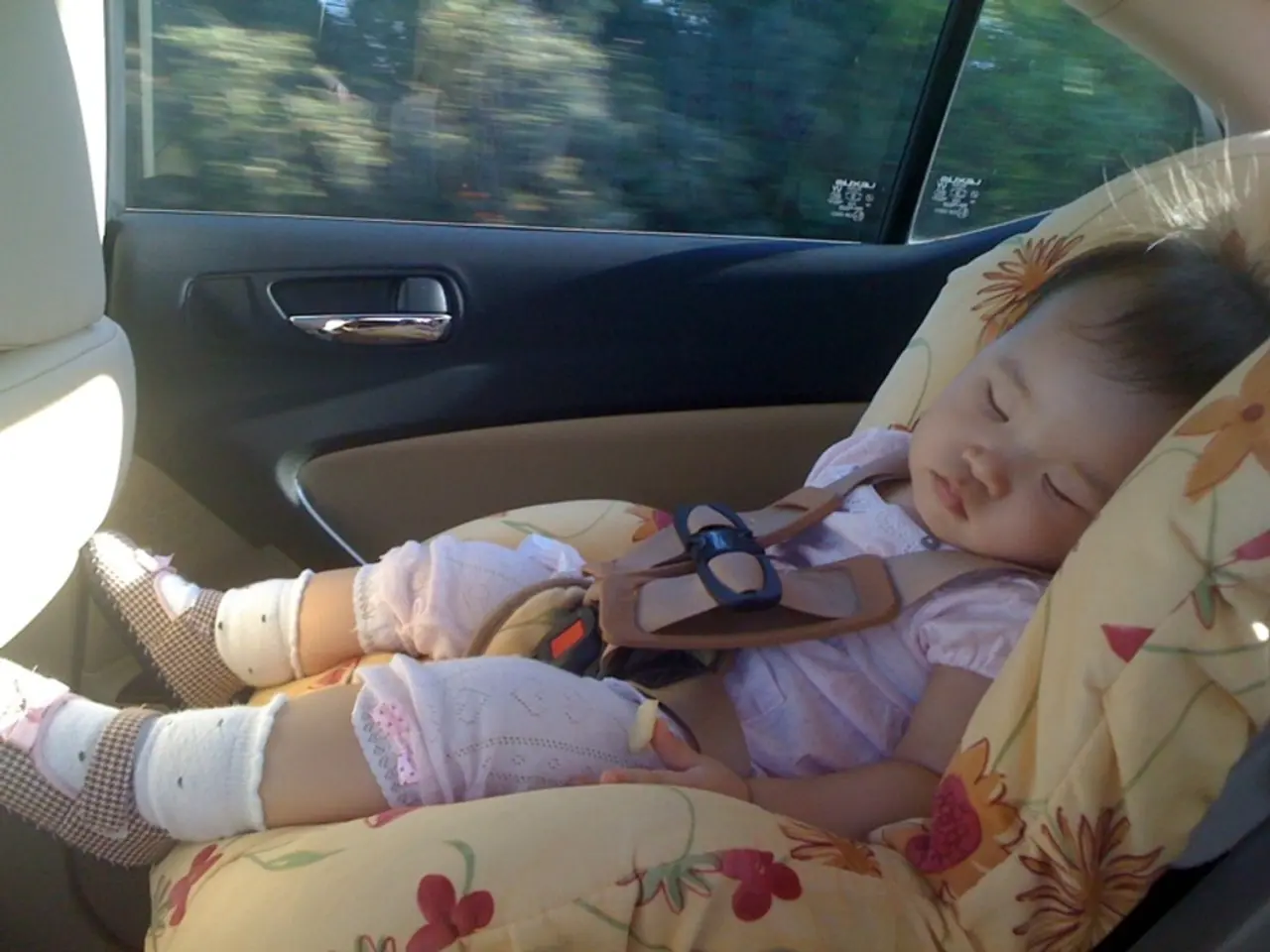"Rowling shows support for a potential rollback in transgender rights"
In a controversial decision that has sparked widespread debate, the British Supreme Court has ruled that the terms "woman" and "man" under the Equality Act 2010 should be understood exclusively in biological terms. This ruling, in the case of For Women Scotland v The Scottish Ministers, denies transgender people, even those with a Gender Recognition Certificate (GRC), recognition as the gender with which they identify in many legal contexts.
The ruling, announced in April 2025, has significant implications for transgender rights, policies, and public services. It narrows anti-discrimination protections for trans people by denying them recognition as biological women or men in many legal contexts. This includes access to single-sex spaces, services, and provisions intended for women or men biologically.
Organizations, workplaces, public services, and associations must now reconsider how they apply sex-based provisions and quotas. Trans women, who were previously included with GRCs, may now find themselves excluded from female-specific roles or spaces.
The Scottish Government, while accepting the ruling, has criticized draft guidance from the Equality and Human Rights Commission (EHRC) designed to implement the judgment. They fear that the guidance might encourage discriminatory behavior by encouraging people to judge others’ sex based on appearance or perceived gender identity.
The decision intensifies tensions between gender-specific rights and transgender rights. While advocates for women’s biological sex-based protections argue the ruling safeguards sex-based rights and spaces, transgender rights advocates argue it represents a step backward amid a global trend of expanding gender identity recognition.
The case was brought to the highest court by three Scottish women, supported by the organization "For Women Scotland", which argues for the preservation of gender-specific rights for those born female. The ruling was also welcomed by J.K. Rowling, who expressed her enthusiasm on Twitter, describing it as a milestone in the protection of the rights of women and girls in the UK.
Kemi Badenoch, Minister for Women and Equalities and Chair of the Conservative Party, has also welcomed the ruling, describing it as a "victory for women." The ruling will be effective in Scotland, as well as in England and Wales.
However, Lord Hodge, one of the justices, emphasized that the decision should not be seen as a victory for one side over the other. He warned against interpreting the ruling as a political statement, stating that it is not a triumph of one group over another.
This ruling places the judiciary at the center of a contentious battleground over the legal scope of gender definitions, balancing anti-discrimination protections with competing claims for sex-based rights. The decision has provoked widespread public and political debate about inclusion, fairness, and the recognition of transgender identities in law and society.
In light of the ruling, organizations, workplaces, and public services may need to reevaluate their policies and practices to account for the new limitations on anti-discrimination protections for transgender individuals. This could potentially lead to instances where trans women are excluded from female-specific roles or spaces.
The decision has sparked a heated political and public debate, with transgender rights advocates arguing that it represents a step backward in the fight for gender identity recognition, while those supporting the decision maintain that it safeguards sex-based rights and spaces.






